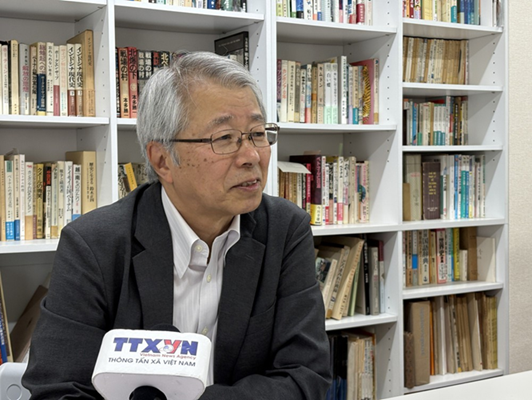 |
| Mr. Toshifumi Kitagawa, a veteran journalist of the Akahata newspaper of the Japanese Communist Party, shared his impressions of Vietnam's Revolutionary Journalism. (Source: VNA) |
With 3 terms as a resident reporter in Vietnam, Mr. Toshifumi Kitagawa is currently Vice President of the Tokyo City Association of the Vietnam-Japan Friendship Association.
Sharing with the press, Mr. Toshifumi Kitagawa recalled that a few months after arriving in Vietnam, he started buying and reading newspapers such as Nhan Dan , Quan Doi Nhan Dan and Ha Noi Moi - the three main daily newspapers in Hanoi at that time.
He followed the situation in Vietnam through these newspapers, especially the developments of the struggle to liberate South Vietnam. After Vietnam was completely unified, Nhan Dan and Quan Doi Nhan Dan newspapers published a series of articles introducing the ethnic groups living in Vietnam. Mr. Toshifumi Kitagawa collected those articles as documents for later use.
At that time, he still remembered that the People's Army newspaper published a series of articles "The Great Victory of Spring 1975" by General Van Tien Dung, and every day he excitedly read these articles.
After finishing his studies and returning home, one of Mr. Toshifumi Kitagawa's daily jobs in the Foreign News Department of Akahata newspaper was to read the English news sent abroad by Vietnam News Agency to follow the situation in Vietnam.
Looking back at the contributions of the press to Vietnam's revolutionary cause, Mr. Toshifumi Kitagawa illustrated with the story of a female announcer of Voice of Vietnam Radio who read news in Japanese and became very famous and loved in Japan during the resistance war against America.
According to him, Japanese people who sympathize with Vietnam follow the situation in Vietnam every day through the news read by this female announcer. For them, the Japanese news is a reliable and directly accessible source of information. In addition, according to Mr. Toshifumi Kitagawa, those news also demonstrate Vietnam's great cause of national independence and national unification.
There are many talented journalists in the Vietnamese press who sacrificed their lives in the wars for national independence and reunification. He himself had two senior colleagues who sacrificed their lives in the war, including journalist Takano, who died in Lang Son in 1979.
Those losses made him realize that when journalists have to sacrifice themselves in pursuit of the truth, it is an unfortunate time for humanity. He emphasized that, no matter what the context, the number one subject of journalism is still world peace.
Assessing the current Vietnamese press, Mr. Toshifumi Kitagawa said that the number of journalists, the number of media outlets and the volume of information have all increased many times.
From the perspective of someone who understands journalism in both Vietnam and Japan, he feels that Vietnam is somewhat more developed than Japan in digital transformation in the journalism industry, especially the development of electronic newspapers - the main channel that helps him follow the current situation in Vietnam.
He assessed that the digital television platform application of Vietnam Television was very convenient, illustrating that he was able to watch live the parade celebrating the 50th anniversary of the liberation of the South and national reunification in Ho Chi Minh City at the end of April.
Regarding the challenges facing journalism today, according to Mr. Toshifumi Kitagawa, in the age of the Internet, when anyone can publish information like a journalist, many complex problems such as fake information and copyright infringement will arise...
Although artificial intelligence (AI) technology is extremely effective, it cannot completely replace humans in the short term. Not only in Vietnam but also in the world, journalists must be the ones ultimately responsible for providing information, even when using AI.
Mr. Toshifumi Kitagawa emphasized that professional journalists have the responsibility to maintain the purity and standards of journalistic language.
Source: https://baoquocte.vn/bao-chi-cach-mang-viet-nam-qua-ky-uc-nha-bao-ky-cuu-nhat-ban-317223.html








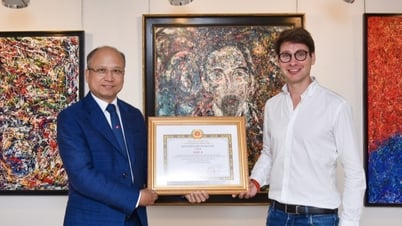

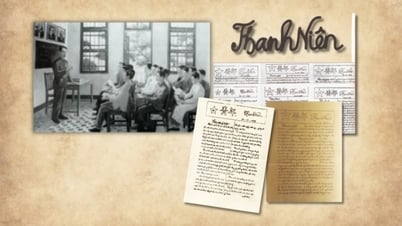
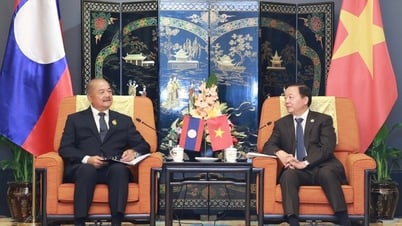


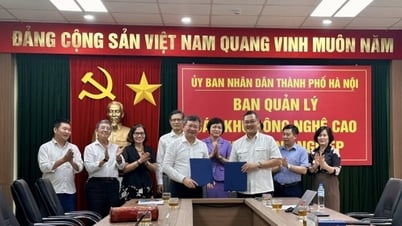
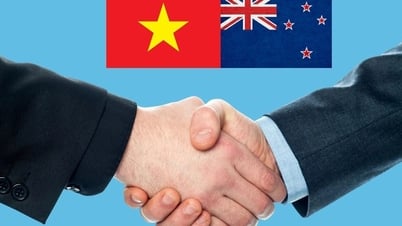




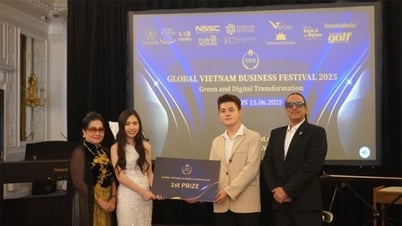

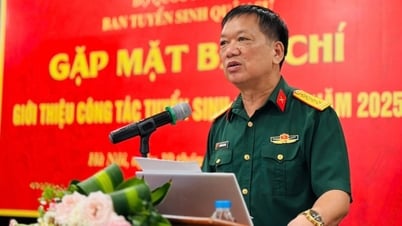
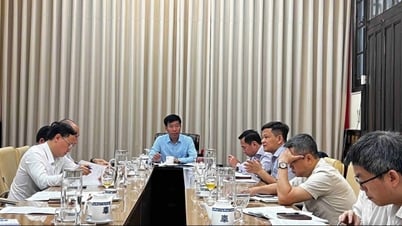

























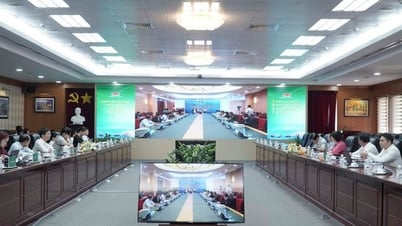







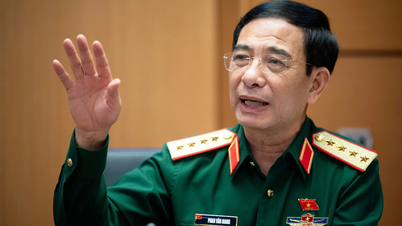

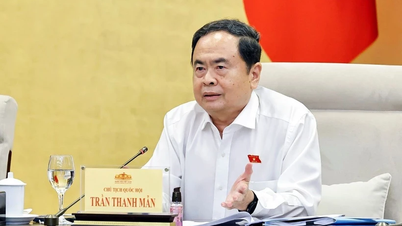

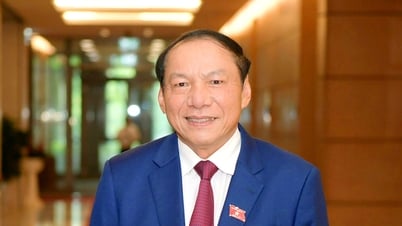




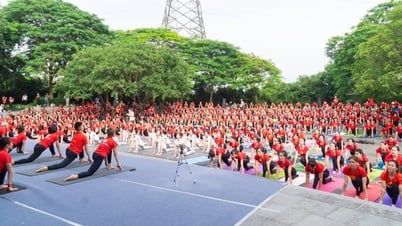

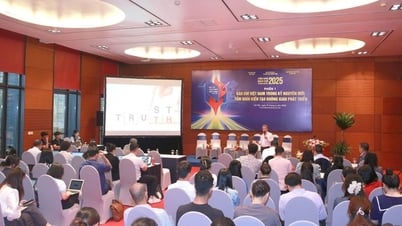
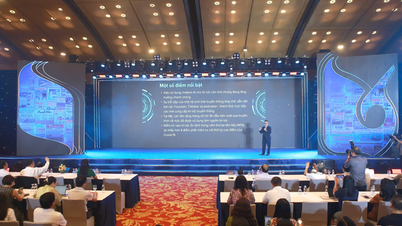





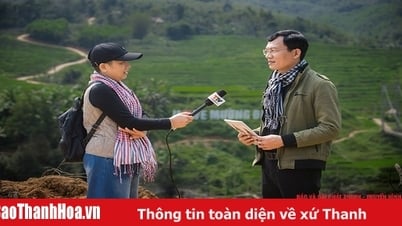





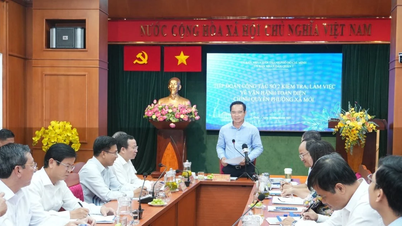



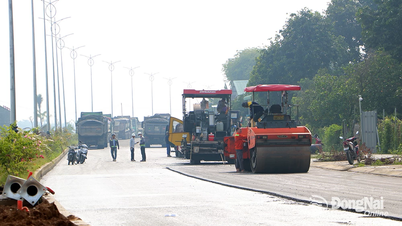











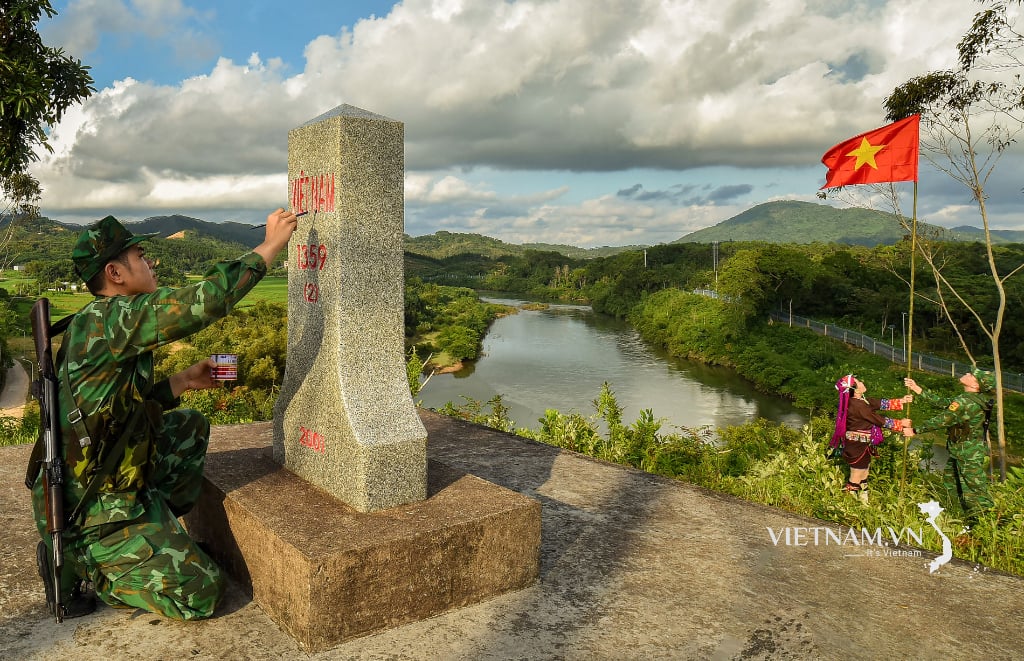
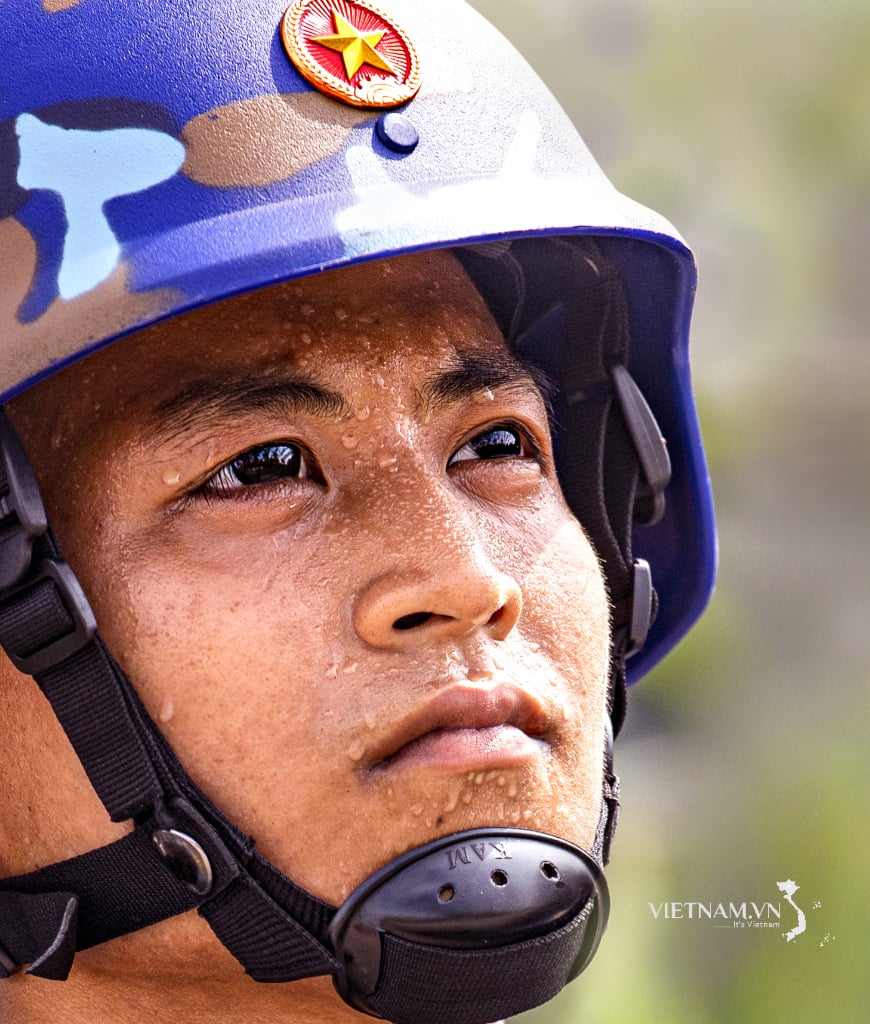
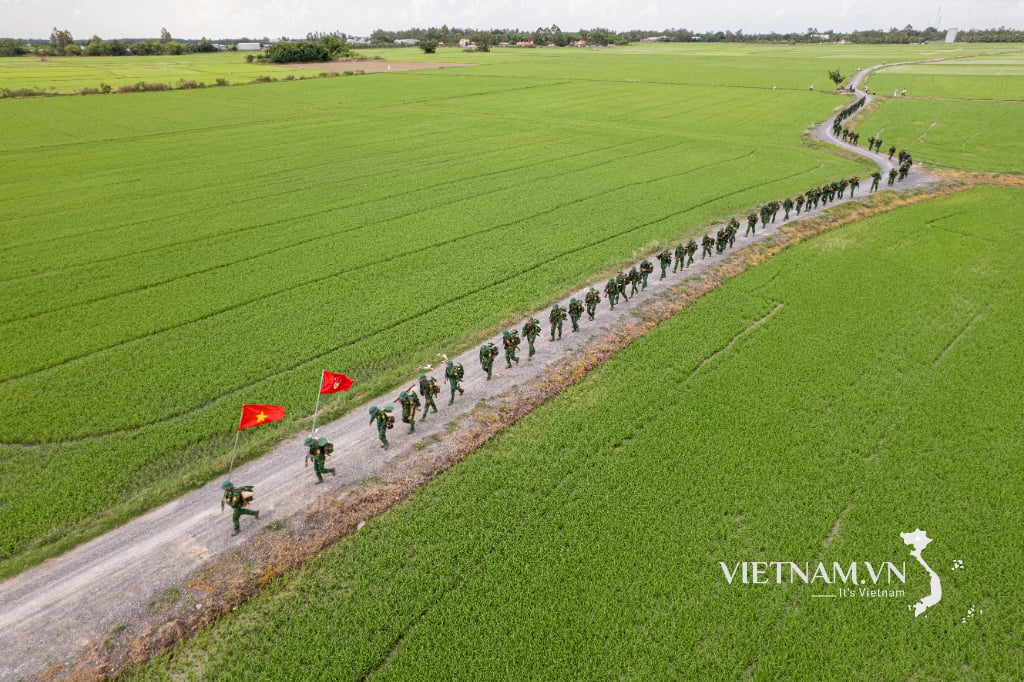

Comment (0)